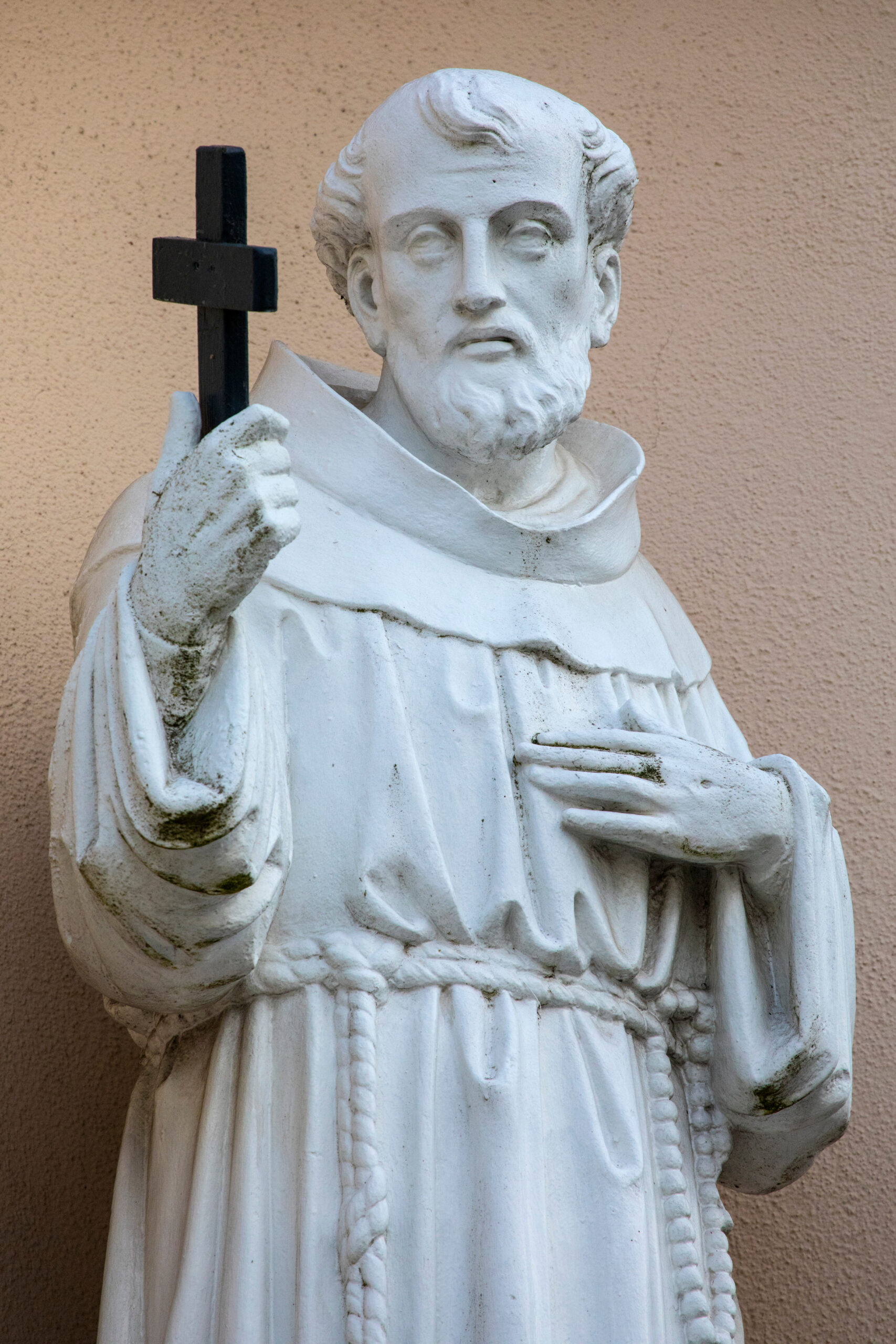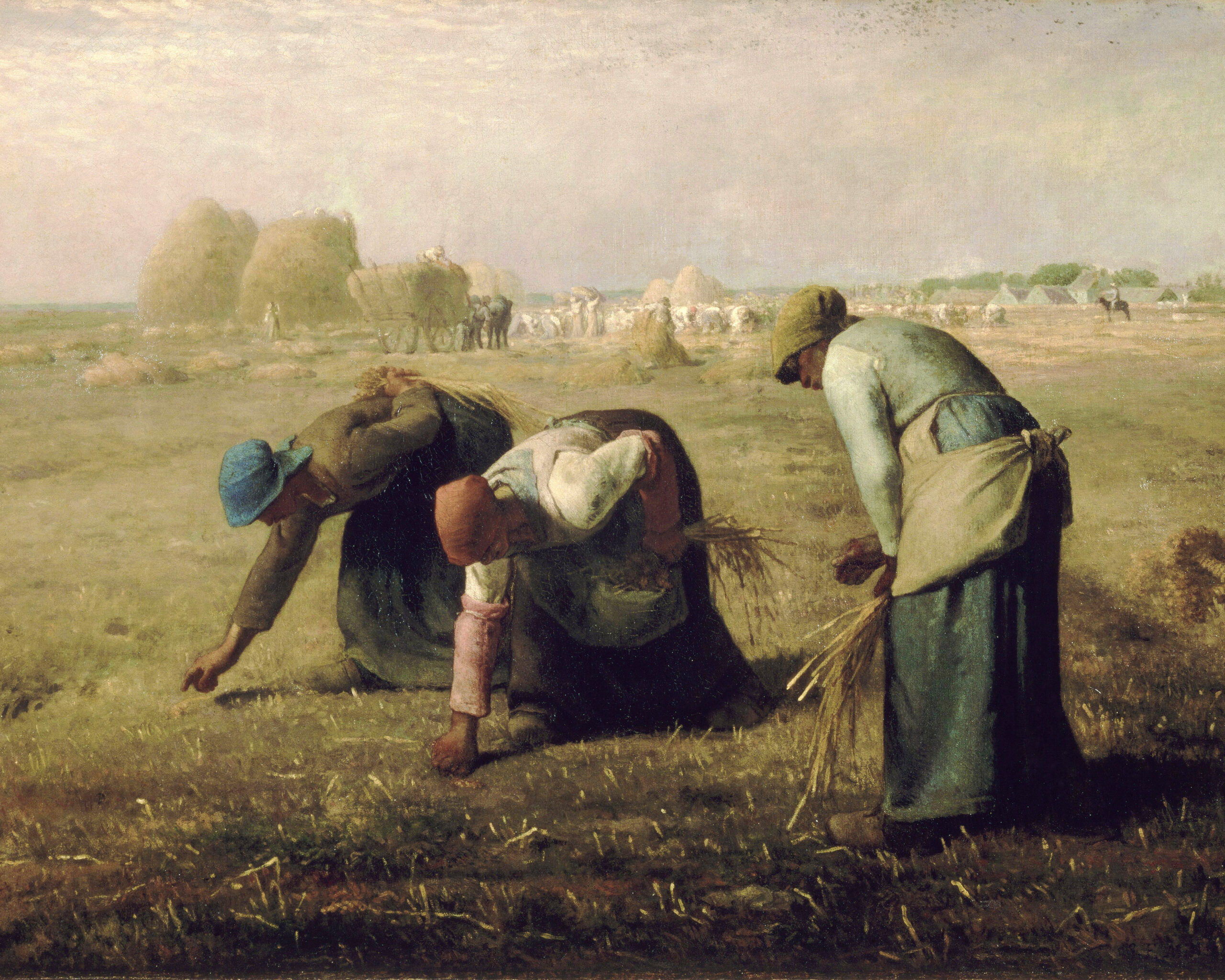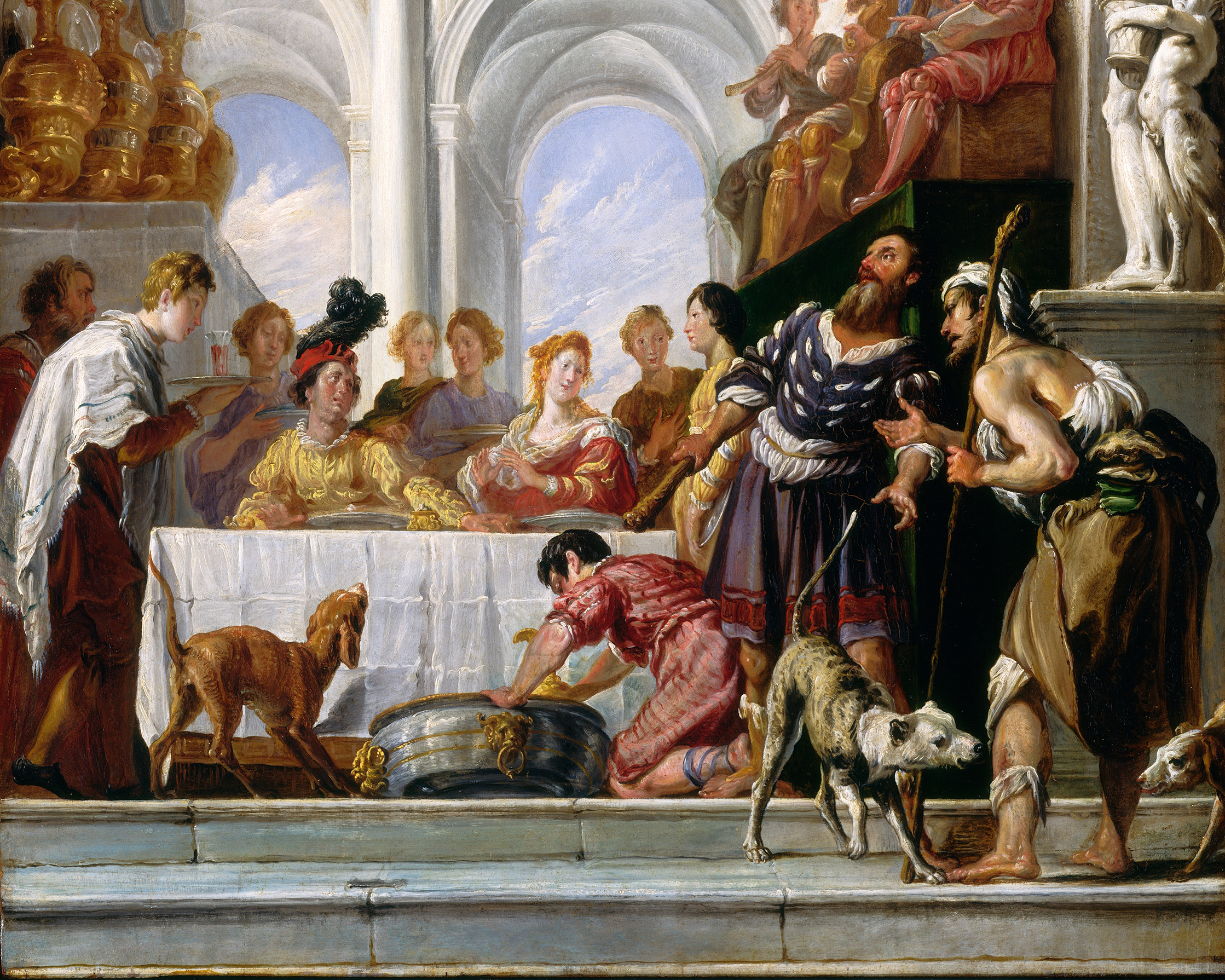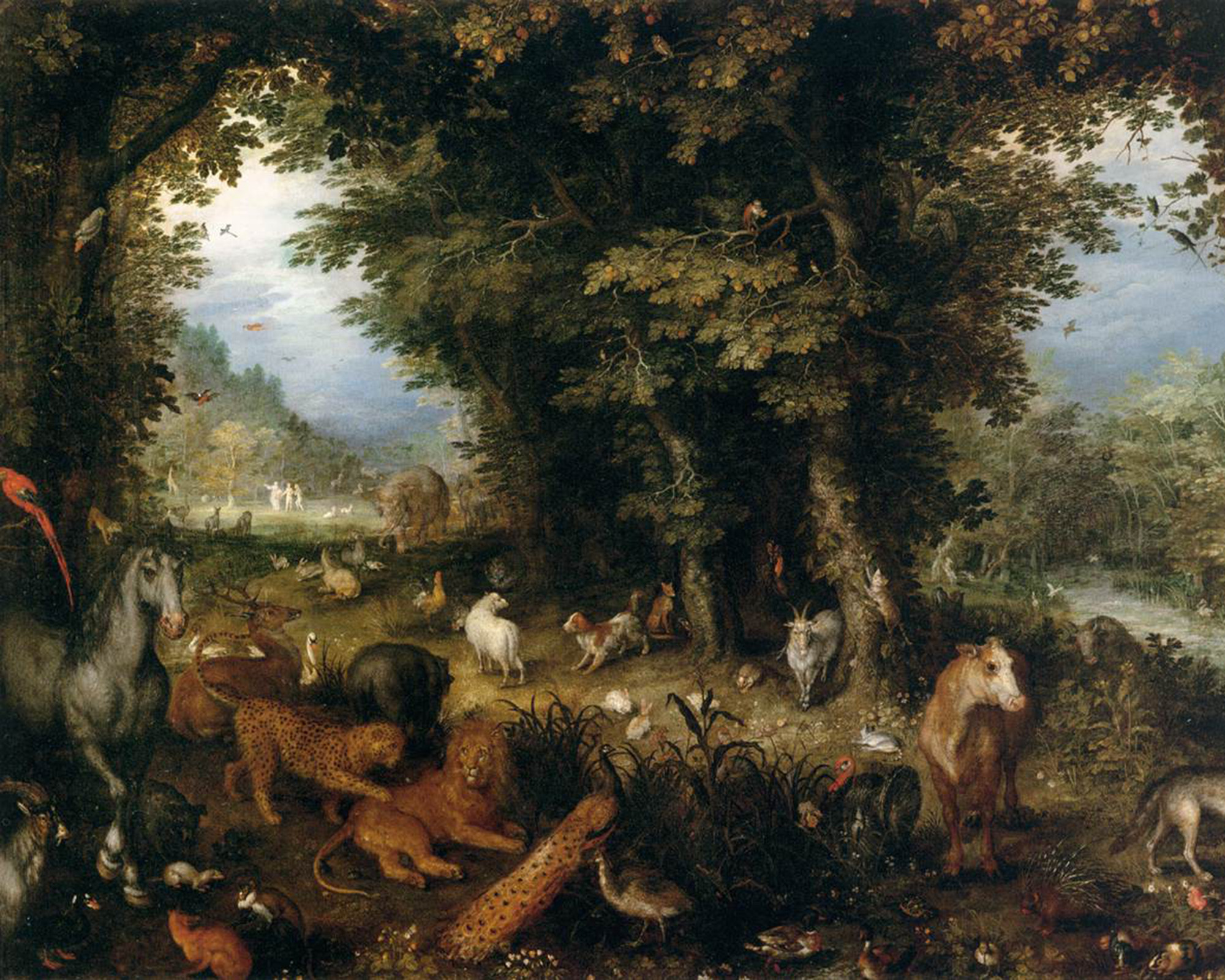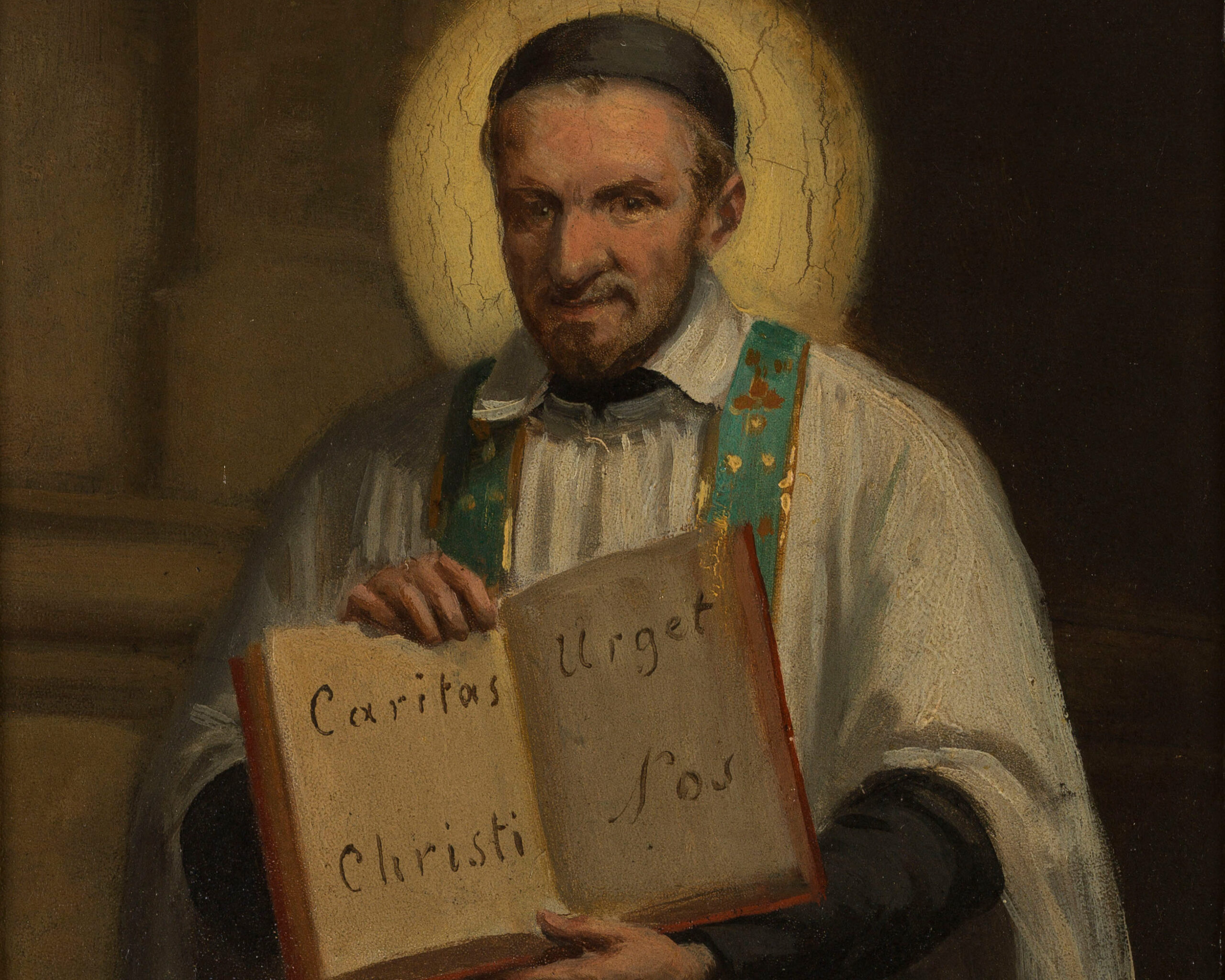God resists the proud, because the proud oppose Him; but He dispenses His graces liberally to the humble, because they live in subjection to His Will. Oh, if we humble made place for the divine gifts, how great would be the affluence of that grace in our souls!
One of the worst consequences of our lack of humility will be that it will render the Day of Judgment so terrible to us, because on that day we shall not only have to give account of the graces which we have received and of which we have made a bad use, but also of those graces which God would have given us if we had been humble and which He withheld from us on account of our pride.
It will be useless then to excuse ourselves by saying that we fell into such and such a sin from want of grace. “Grace was there,” the Lord will answer; “but you ought to have asked for it with humility and not forfeited it by your pride.” Pride is an obstacle harder than steel, which hinders the beneficent infusion of grace into the soul.
And it is the doctrine of St. Thomas that it is precisely by pride that our soul is placed in such a state “as to be deprived of all inner spiritual good.” Do you desire grace in this world and glory in the next? Humble yourself, says St. James: “Be humbled in the sight of the Lord, and He will exalt you.” (Jas. 4:10). God created out of nothing all that we can see in our world when “the earth was void and empty,” (Gen. 1:2), and He filled with oil all the empty vases with which the widow presented Eliseus: “Empty vessels not a few.” (4 Kings 4:3). And He also fills with His grace those hearts which are emptied of self – that is to say, which have neither self-esteem nor self-confidence and do not rely upon their own strength.
It is most humiliating to reflect upon this, that even though we be exempt from grave sins, yet through some secret disorder within us, we may be as guilty as if we had committed them. For if pride arises in our hearts and leads us to consider ourselves better than those who have committed these sins, we are at once rendered guilty and worse than they in the eyes of God, because, as the Holy Ghost says, “Pride is hateful before God.” (Ecclus. 10:7). St. Luke in his Gospel (Luke 18:11-12) records two different kinds of vanity shown by the Pharisee, one when he praised himself for the sins he did not commit, the other when he praised himself for the virtues that he practiced: and he was equally condemned for each of these vain utterances.
He apparently referred all the glory to God when he said: “O God, I give Thee thanks.” But this was only ostentatious self-esteem. It is only too easy for these thoughts of vainglory to insinuate themselves into our hearts, and who can assure me that I am not guilty of many of them? “What I have done openly I see,” I can say with more truth than St. Gregory, “but what I have inwardly felt I do not see.” O my God, my God, “let no iniquity have dominion over me.” (Ps. 118:133).
Do not let me be dominated by pride, which is the sum of all wickedness; from my secret sins cleanse me. Purify me from those sins of pride of which I am ignorant; “then shall I be without spot.” (Ps. 18:14). This thought, says St. Thomas, causes every just man to consider himself worse than a great sinner: “The just man who is truly humble thinks of himself worse because he fears lest in that which he seems to do well he should grievously sin by pride.”
It may be said that humility is the most efficacious remedy for all evil and a most potent antidote to preserve the soul from that death and guilt which leads to everlasting perdition. And yet it is this virtue which we neglect most of all.
O my Soul, God, who Himself desires thine eternal salvation, desires also that thou shouldst acquire it through humility. “And humility goeth before glory.” (Prov. 15:33). Therefore, bow down and adore His sovereign Will. When we say the “Our Father,” let us meditate upon that petition, in which we ask that the Will of God may be done, and let us apply that prayer to our own needs: O my God, since Thou desirest that I should be humble, “Thy Will be done.”
Thy Will is done in heaven by all those blessed spirits who worship Thee with profound humility; may Thy Will be done by me also! “Thy Will be done on earth, as it is in Heaven.” And in the same way, let us apply the last petition to ourselves also, saying: “And deliver us from evil,” praying God to deliver us and preserve us from pride, which is the worst of all evils, if indeed it may not be called the greatest of all sins.
This article is taken from a chapter in Humility of Heart by Fr. Cajetan Mary da Bergamo which is available from TAN Books.




